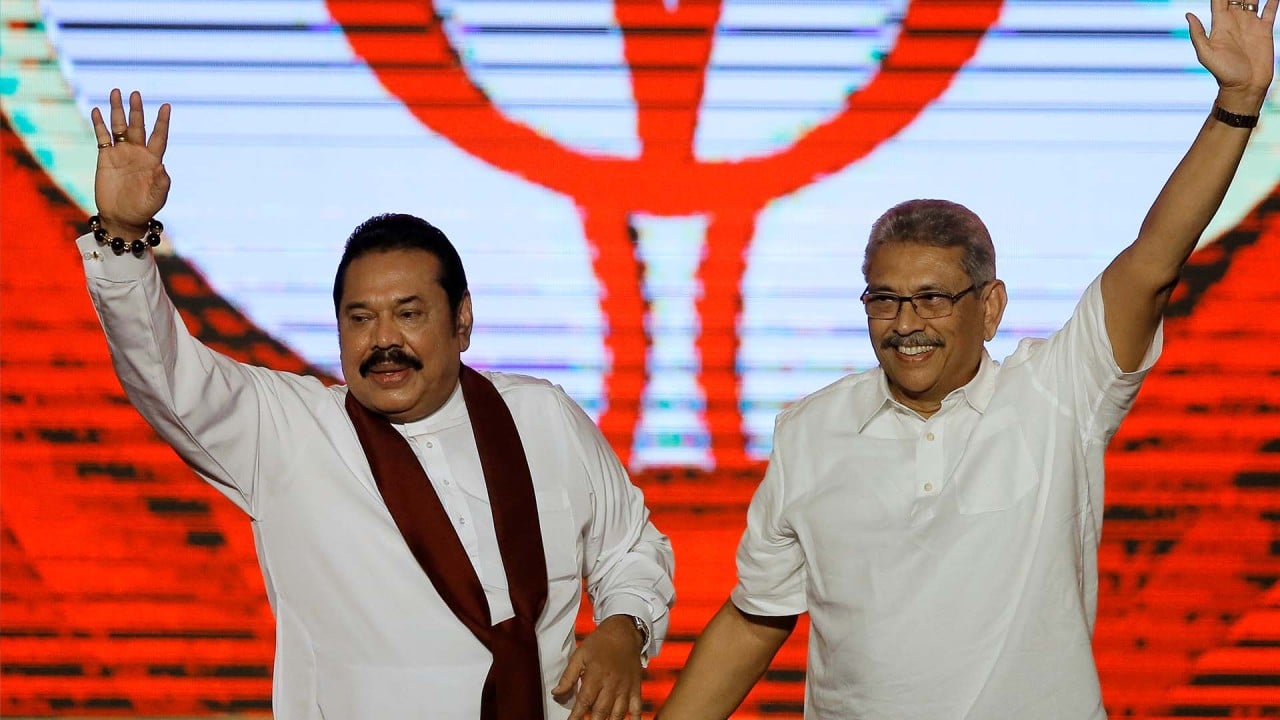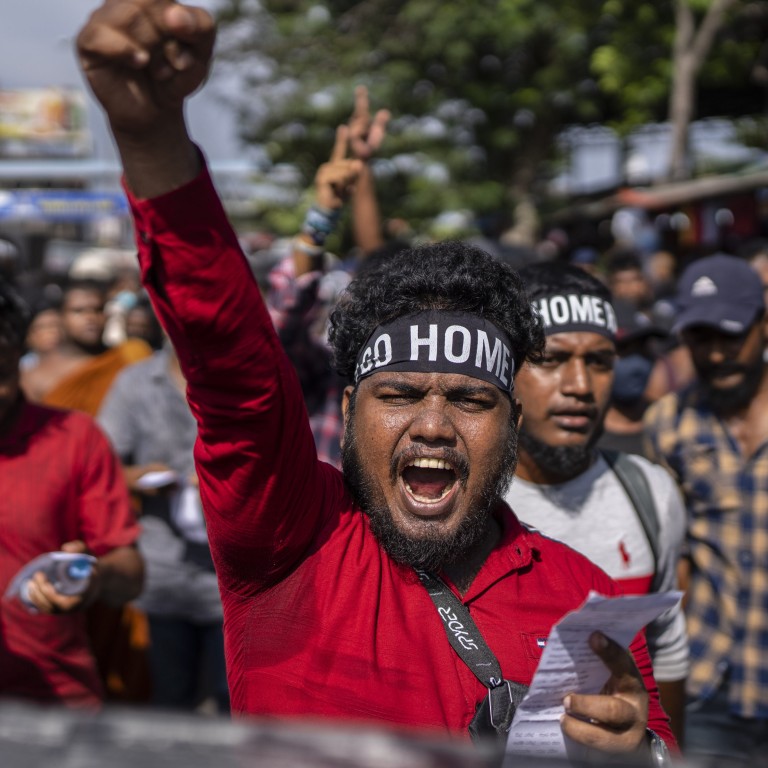
Can Sri Lanka’s Ranil Wickremesinghe steer the country out of its crisis?
- The interim president has to work quickly to restore stability and seal a rescue deal with the IMF as the country runs out of cash and demonstrations continue
- But while a critic says Wickremesinghe will practise ‘the same politics’ of the ousted Rajapaksa regime, some protesters are choosing to wait and see what his next moves are
Wednesday’s vote in favour of Wickremesinghe means he can continue as interim president until 2024, serving the remainder of Rajapaksa’s term. He took over as acting president after Rajapaksa fled the country last week.
Wickremesinghe, a six-time prime minister described by commentators as one of Sri Lanka’s most wily political operators, said his victory was an “honour and a privilege”.
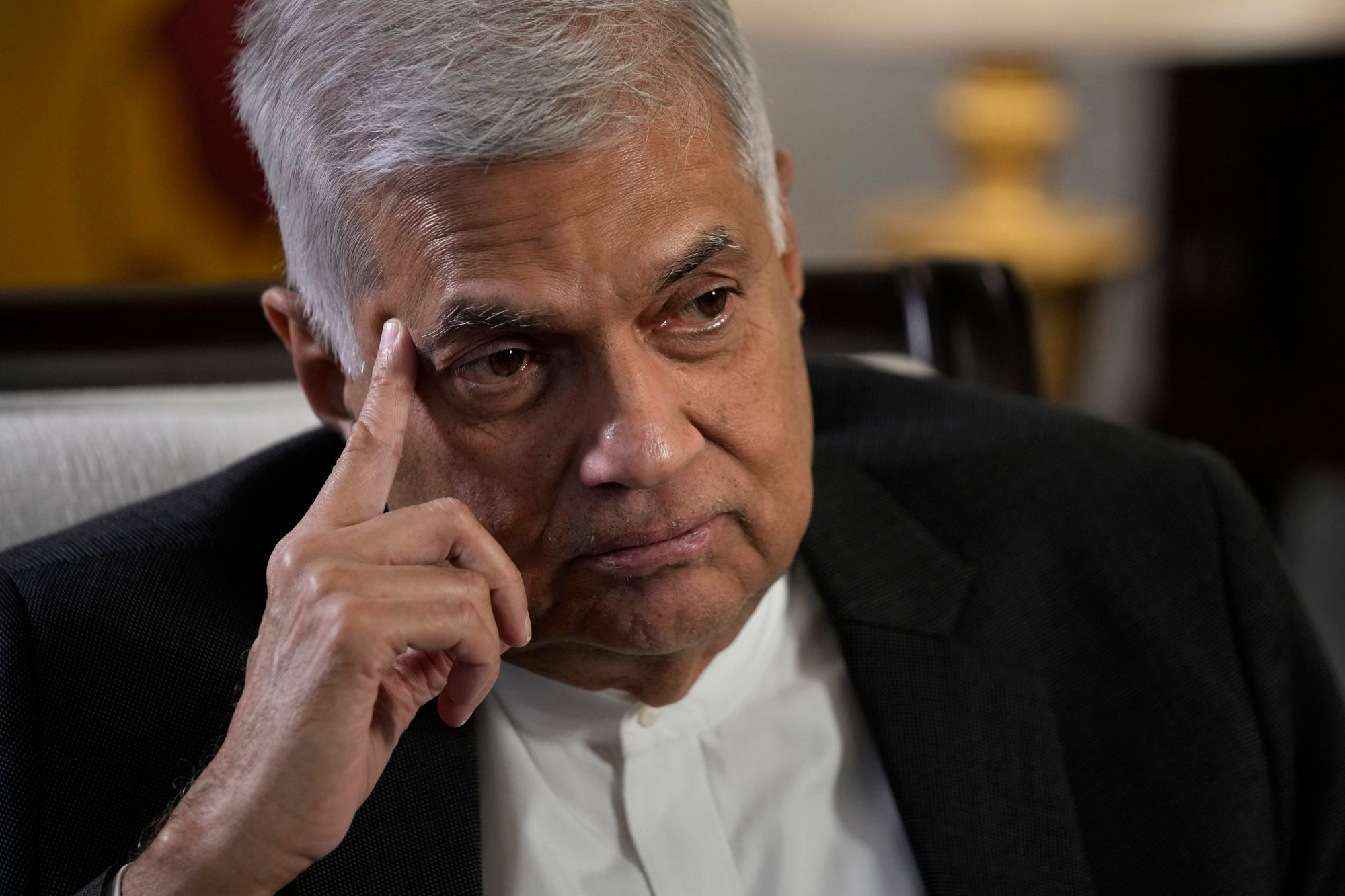
Ahilan Kadirgamar, a political economist from the University of Jaffna, said the vote outcome signified a continuation “of the same politics of the Rajapaksa regime”.
“There’s going to be continued instability both politically and economically at a crucial point when we need a credible leadership to take the country forward,” he said.
Shehan Livera, who has been involved in the anti-government protests since March 30, told This Week in Asia that the possibility of further demonstrations depended on the decisions Wickremesinghe makes in the coming days and weeks.
“Personally, I will give Ranil some time and see what he does. We are protesting to ensure the country has a future, not to bankrupt it,” he said. “My youth will be spent by the time the crisis is over. I do not want the same thing to happen to someone who is 15 years old today.”
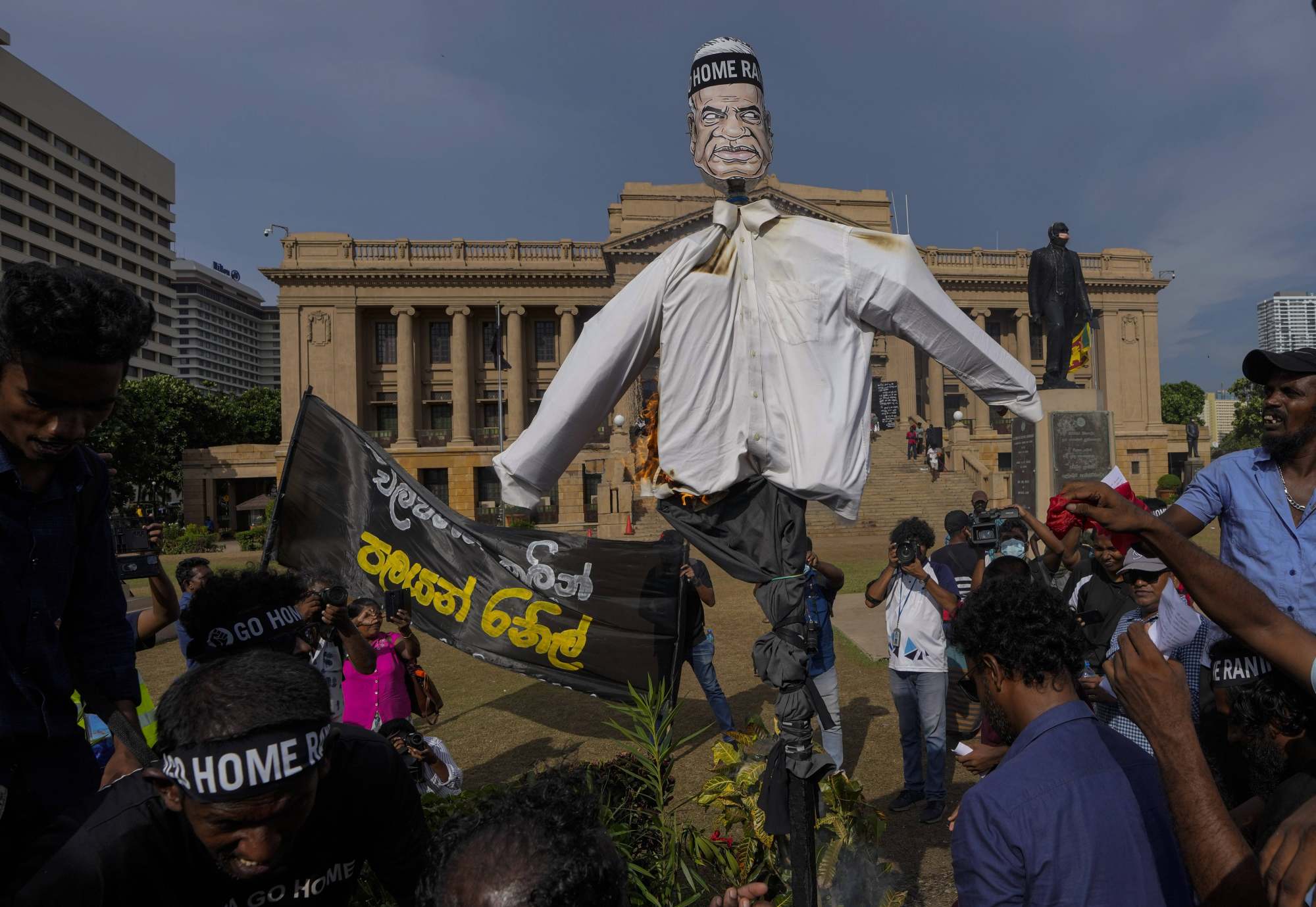
Wickremesinghe garnered 134 out of 223 votes cast. Four ballots were declared invalid in the three-person contest. Observers said he needed to appoint a new prime minister who commanded the support of a majority of lawmakers alongside cabinet ministers.
“Without a Cabinet, it is not possible to pass any legislation or take decisions,” said lawyer Javid Yusuf.
The contenders in Wednesday’s race were Dullas Alahapperuma, a former government minister and spokesman, and Marxist party leader Anura Kumara Dissanayake.
While Sri Lanka’s presidents are usually elected by universal suffrage, the responsibility of picking a new president falls on parliament when the position is vacated before a term officially ends.
That has happened only once before in the island nation, when then-prime minister Dingiri Banda Wijetunga was chosen by parliament uncontested in 1993, after former president Ranasinghe Premadasa, father of the current opposition leader, was assassinated.
Ranil, appointed as prime minister in May after Mahinda Rajapaksa’s resignation, has faced criticism of protecting the Rajapaksa family.
His ascension on Wednesday marks an about-turn in his recent political fortune, after a humiliating 2020 electoral defeat left him as his United National Party’s sole lawmaker.
Political economist Kadirgamar said the island nation’s troubles “will not be solved by an agreement with the IMF alone”, underlining the continued dysfunction in Sri Lankan politics following Wednesday’s vote.
“Given that the parliament, despite the greatest protests in the last century, is unwilling to listen to the voices of the people, there is no choice but to go for elections and to get a fresh mandate for our representatives, whether it is the president or the government,” he said.
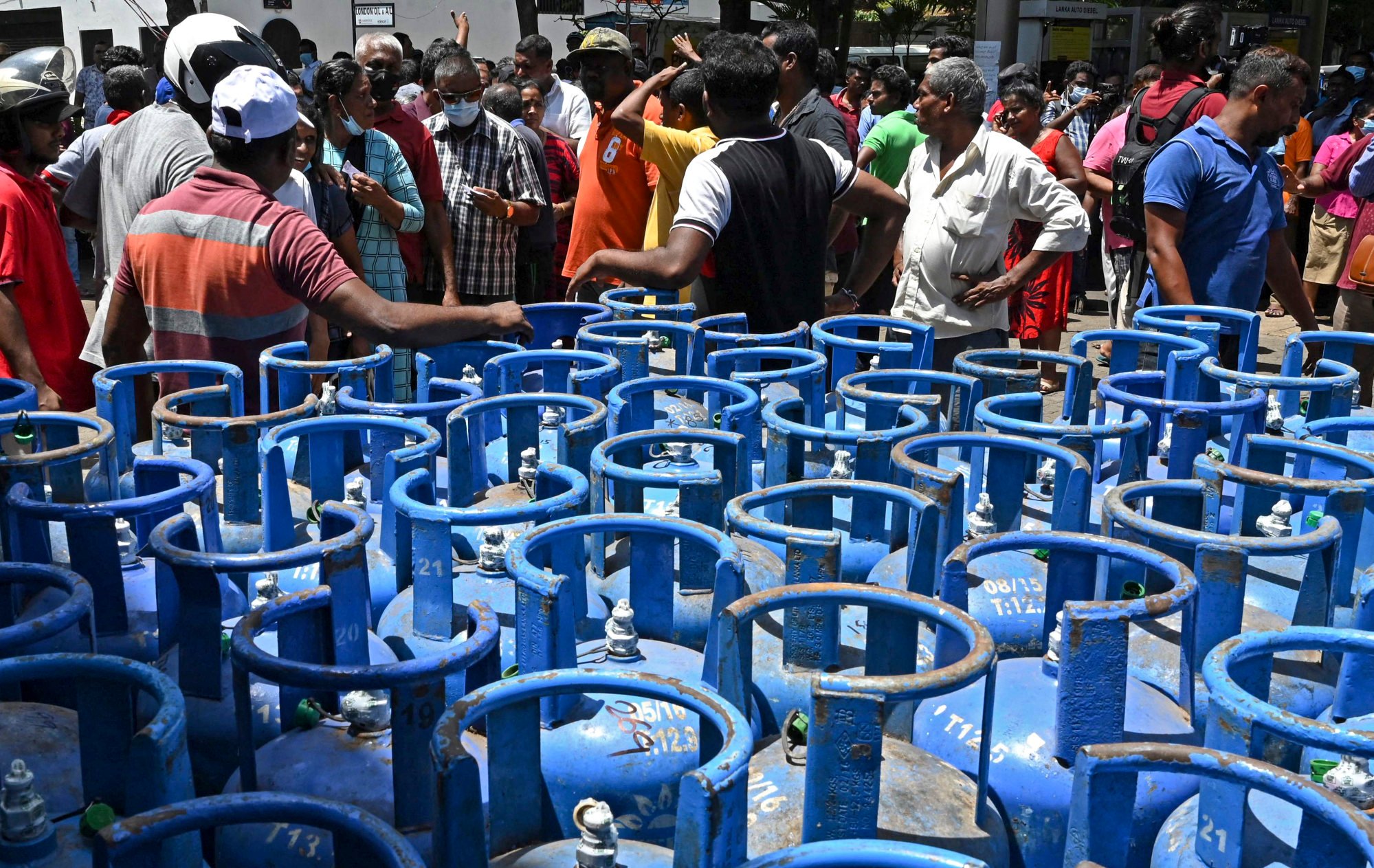
Managing the IMF, civil war accountability
Livera, who had previously joined anti-government protesters in a tented site in Colombo known as “GotoGoGama”, said Wickremesinghe would be required to balance the requirements of the IMF and the public.
“With the IMF [austerity] conditions, any president will be at the receiving end of public displeasure. So, it is important to see how Ranil will react to this public displeasure,” Livera said.
“I feel if Ranil is this good at playing political games, this is his opportunity to show his skills to [the people]. He can show whether he actually has a plan to take the country out of the crisis.”
Political observers said they would also closely watch the interim president’s plans for a new government given that the leader is his party’s sole representative in parliament. In contrast, the Sri Lanka Podujana Party (SLPP) – the party associated with the Rajapaksa clan - holds 100 seats.
The interim president will have to rely on the SLPP “for any legislative reform”, said Bhavani Fonseka, a senior researcher for the Centre for Policy Alternatives in Sri Lanka.
For the likes of Benislos Thushan, a Tamil from Jaffna, a key question was Wickremesinghe’s stance on the minority community’s demands for investigations into accusations of wartime atrocities.
Mahinda Rajapaksa was the president in 2009 when Sri Lankan forces ended a 26-year civil war waged by Tamil separatists. Overseeing the campaign was Gotabaya Rajapaksa, who was defence secretary at the time.
The brothers have repeatedly denied accusations of ordering military attacks on ethnic Tamil civilians and abducting journalists.
“As a country, there should be economic recovery. But accountability issues should not take the backseat, they should also be addressed simultaneously, and it does not have to be mutually exclusive,” Thushan said.
Additional reporting by Bloomberg and Associated Press


